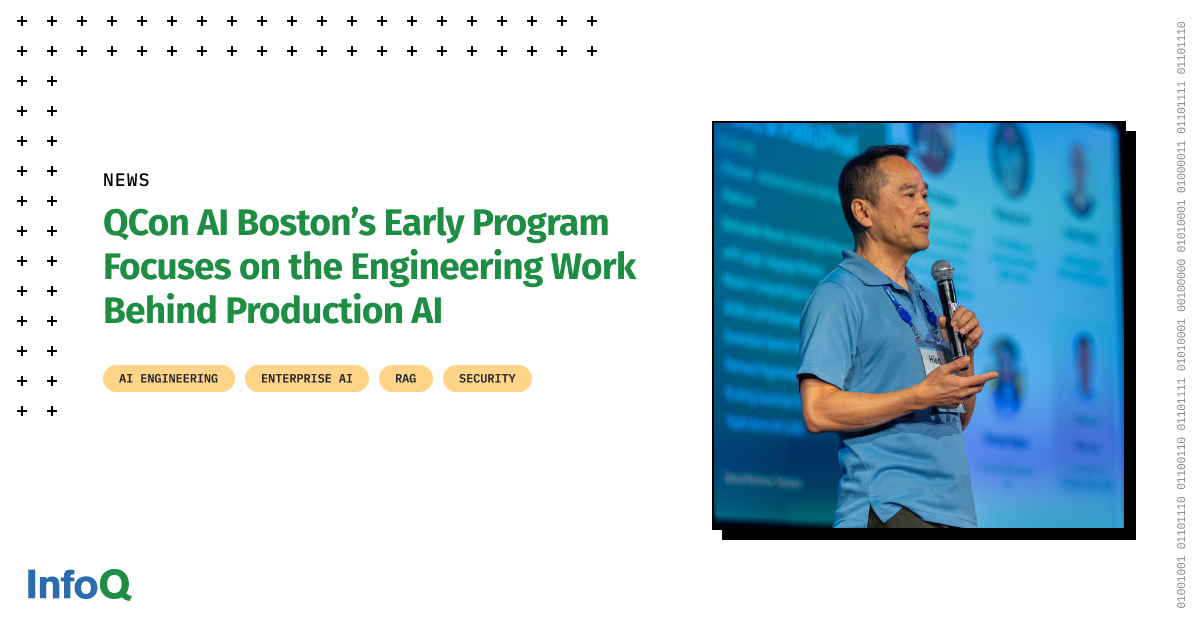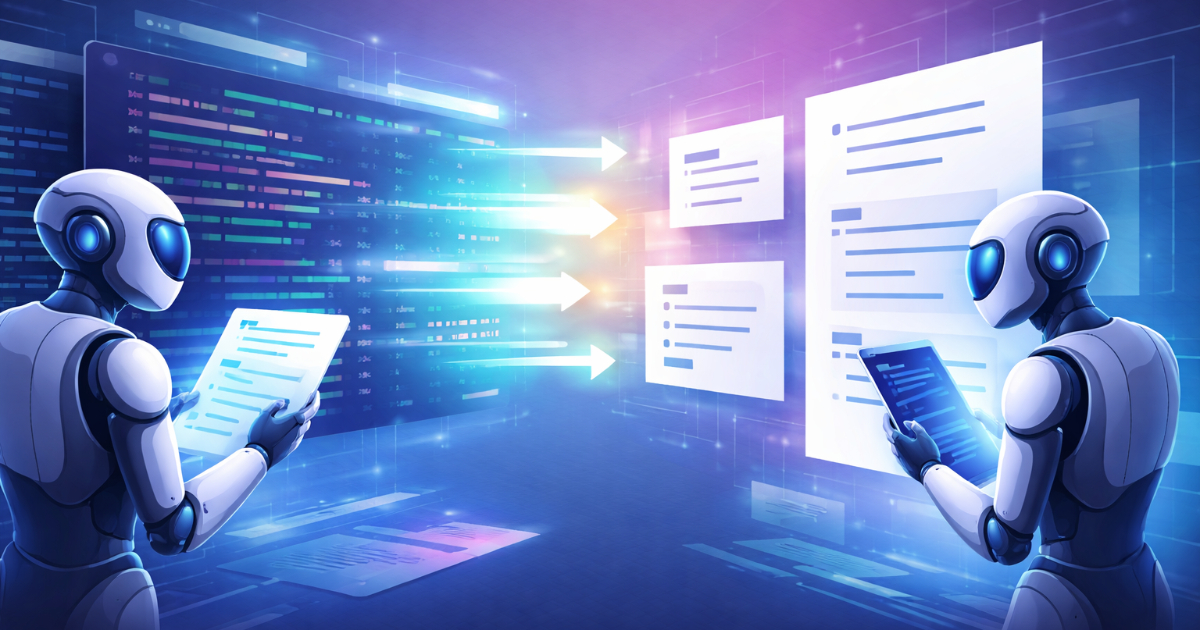Codetown
Codetown ::: a software developer's community
Kotlin Thursdays - Kotlin Koans with Ben Rodriguez Part 2
Kotlin Thursdays: Kotlin Koans with Ben Rodriguez
Part 1 here: https://codetown.com/group/kotlin/forum/topics/kotlin-thursdays-kot...
Welcome, all to another week of Kotlin Thursdays. In this week we are going to dive deeper into Kotlin Koans and like all koans, this one is going to get more difficult. This week we are going to cover default arguments, lambdas, strings and data classes. These koans are a great way to get into functional programming and learn about the kotlin syntax.
Within default arguments, we are going to you will see how kotlin can take declare an argument at the beginning of the function. Using this notation at the beginning of the function for some makes the code easier to read and support. Having the declarations at the top also reduces the lines of code so there is less sifting through lines. I learned how to do this type of declarations earlier and I always preferred that style.
Lambdas are still confusing to me. My first introduction into lambdas was playing with them on Amazon Web Services. I then saw that lambdas popped up in Java 7 and 8. I’m glad I can see them again here. I was a little confused about the “it” convention which confused me. When I read through the function from right to left the use of ‘it” makes perfect sense.
Strings glorious strings yes I sing this out loud often. This koan teaches us about string literals and string templates and how to use them. I weird but for some reason, this koan makes me happy. I think when I started down my Kotlin journey this is where things started making sense to me.
The last koan we explore is the data class. Within the data class koan we see some the readability of Kotlin shine. We are given a class in java and then rewriting the class in kotlin and as you might have guess writing in Kotlin is cleaner.
I hope you enjoy the Kotlin Thursdays episode!
For this walkthrough, you will need to install the EduTools plugin into IntelliJ!
https://www.jetbrains.com/help/education/install-edutools-plugin.html?section=IntelliJ%20IDEA
Here is another overview of what we are doing -
https://www.jetbrains.com/help/education/learner-start-guide.html?s...
Websites and Courses
Think of these resources as supplemental if you happen to be more curious. We always encourage looking into documentation for things you use!
- Udemy “Kotlin for Beginners: Learn Programming With Kotlin”: https://www.udemy.com/kotlin-cou...
- Treehouse ”Kotlin for Java Developers”: https://teamtreehouse.com/librar...
- Pluralsight “Kotlin Fundamentals”: https://www.pluralsight.com/cour...
- Most popular Kotlin projects, libraries and other frameworks: https://kotlinlang.org/docs/reso...,
- Kotlin Koans: https://kotlinlang.org/docs/tutorials/koans.html
- Coursera "Kotlin for Java Developers": https://www.coursera.org/learn/kotlin-for-java-developers
Books
- Kotlin in Action by “Dmitry Jemerov and Svetlana Isakova”
- Hands on Microservices with Kotlin by “Juan Antonio Medina Iglesias”
Tags:
Replies to This Discussion
-
Permalink Reply by Michael Levin on November 15, 2018 at 4:16pm
-
Super! Can’t wait to work through it!
-
Notes
Welcome to Codetown!
 Codetown is a social network. It's got blogs, forums, groups, personal pages and more! You might think of Codetown as a funky camper van with lots of compartments for your stuff and a great multimedia system, too! Best of all, Codetown has room for all of your friends.
Codetown is a social network. It's got blogs, forums, groups, personal pages and more! You might think of Codetown as a funky camper van with lots of compartments for your stuff and a great multimedia system, too! Best of all, Codetown has room for all of your friends.
Created by Michael Levin Dec 18, 2008 at 6:56pm. Last updated by Michael Levin May 4, 2018.
Looking for Jobs or Staff?
Check out the Codetown Jobs group.
InfoQ Reading List
Decentralizing Architectural Decisions with the Architecture Advice Process

Our system architectures have changed as technology and development practices have evolved, but the way we practice architecture hasn’t kept up. According to Andrew Harmel-Law, architecture needs to be decentralized, similar to how we have decentralized our systems. The alternative to having an architect take and communicate decisions is to “let anyone make the decisions” using the advice process.
By Ben LindersQCon AI Boston’s Early Program Focuses on the Engineering Work Behind Production AI

As teams move AI from pilots to production, the hard problems shift from demos to dependability. The first confirmed talks for QCon AI Boston (June 1–2) focus on context engineering, agent explainability, reasoning beyond basic RAG, evaluation, governance, and platform infrastructure needed to run AI reliably under real-world constraints.
By Artenisa ChatziouGitHub Data Shows AI Tools Creating "Convenience Loops" That Reshape Developer Language Choices

GitHub’s Octoverse 2025 report reveals a "convenience loop" where AI coding assistants drive language choice. TypeScript’s 66% surge to the #1 spot highlights a shift toward static typing, as types provide essential guardrails for LLMs. While Python leads in AI research, the industry is consolidating around stacks that minimize AI friction, creating a barrier for new, niche languages.
By Steef-Jan WiggersCloudflare Debuts Markdown for Agents and Content Signals to Guide AI Crawlers

Cloudflare has introduced “Markdown for Agents,” a feature that lets AI crawlers request Markdown versions of web pages. The company pairs the feature with a proposed “Content Signals” mechanism that lets publishers declare whether their content may be used for AI training, search indexing or inference.
By Matt FosterPresentation: What I Wish I Knew When I Started with Green IT

Ludi Akue discusses how the tech sector’s rising emissions impact our global climate goals. Drawing from her experience as a CTO, she explains seven key lessons for implementing Green IT. She shares insights on LCA assessments, the paradox of microservices, and why FinOps doesn’t always equal green.
By Ludi Akue
© 2026 Created by Michael Levin.
Powered by
![]()